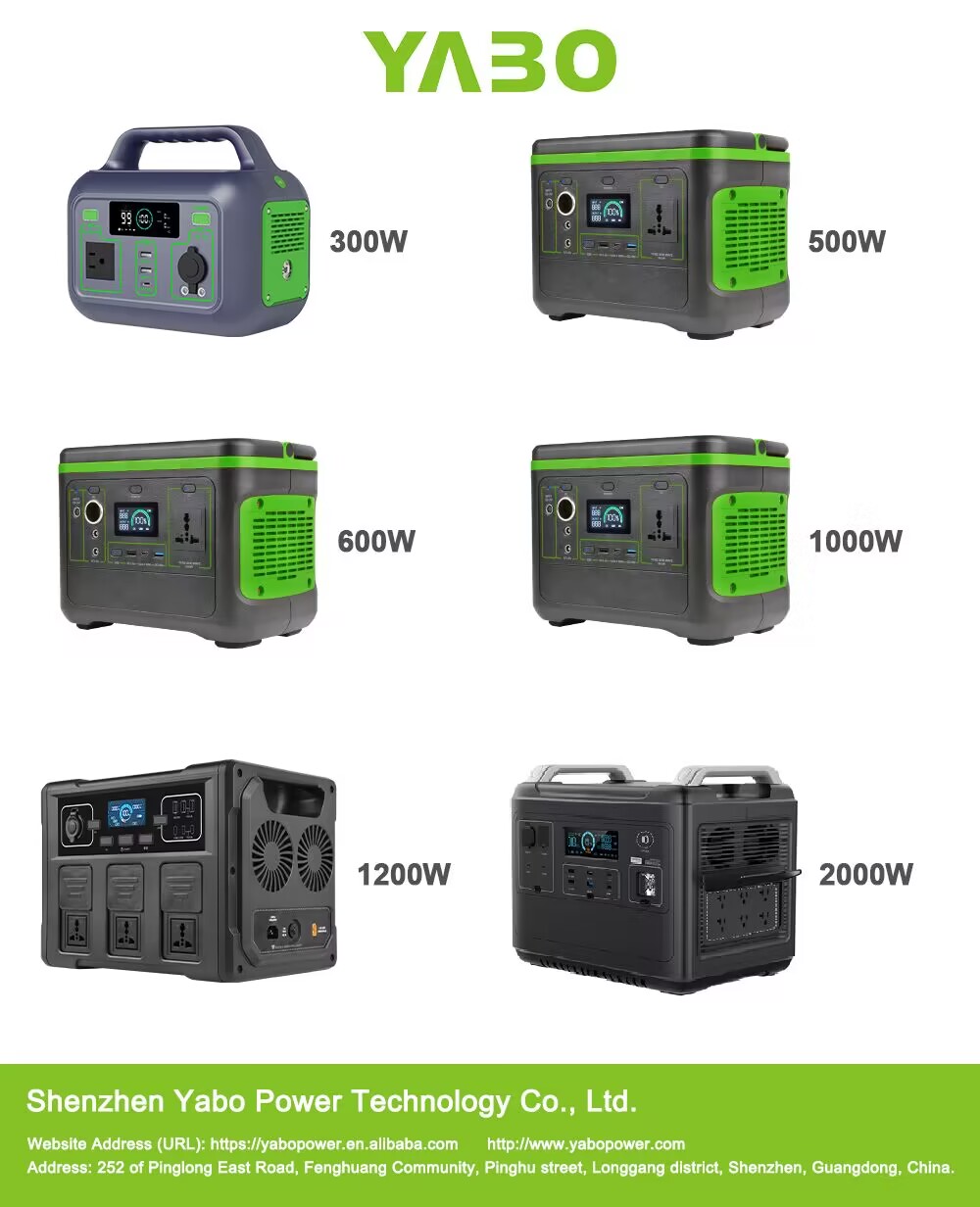Basic Things to Know About Solar Generators
Basic Things to Know About Solar Generators
As the world increasingly shifts toward sustainable energy sources, solar generators are becoming a popular choice for both residential and commercial use. Understanding the fundamentals of solar generators can empower consumers to make informed decisions about their energy needs.
What is a Solar Generator?
How Solar Generators Work?
Benefits of Solar Generators:
Environmentally Friendly: Solar generators produce clean energy, reducing reliance on fossil fuels and decreasing greenhouse gas emissions.
Portability: Many solar generators are designed to be lightweight and portable, making them ideal for camping, outdoor events, or emergency power needs.
Cost-Effective: While the initial investment can be significant, solar generators can save money in the long run by reducing electricity bills and offering free energy from the sun.
Low Maintenance: Solar generators require minimal maintenance. Regular cleaning of the solar panels and occasional battery checks are generally all that’s needed.
Energy Independence: By generating your own electricity, you become less dependent on the grid, which can be especially beneficial during power outages or in remote locations.
Applications of Solar Generators:
Solar generators can be used in various settings, including:
Residential: Homeowners can use solar generators to power essential appliances during outages or to supplement their energy needs.
Camping and Outdoor Activities: Solar generators provide a convenient power source for camping gear, portable refrigerators, and electronics.
Emergency Preparedness: In case of natural disasters, solar generators can supply electricity when traditional sources are unavailable.
Construction Sites: They can power tools and equipment in remote locations without access to the electrical grid.
Challenges of Solar Generators:
Despite their many advantages, solar generators also face challenges:
Initial Cost: The upfront cost of purchasing a solar generator can be a barrier for some consumers, although prices have been decreasing.
Sunlight Dependency: Solar generators require sunlight to operate effectively. During cloudy or rainy days, energy production may be limited.
Battery Capacity: The capacity of the battery determines how much energy can be stored, which can be a limiting factor for larger energy needs.
The Future of Solar Generators:











